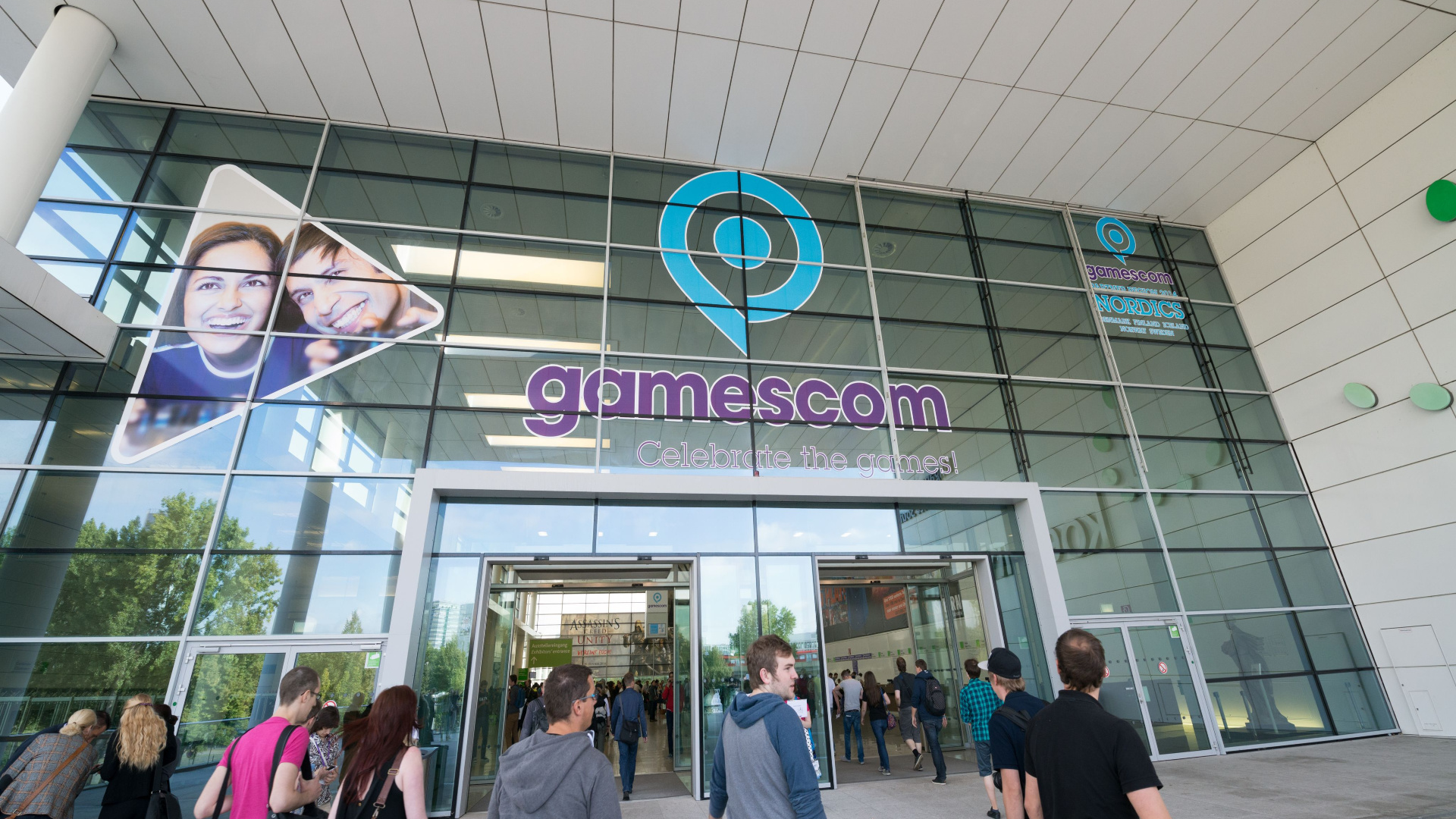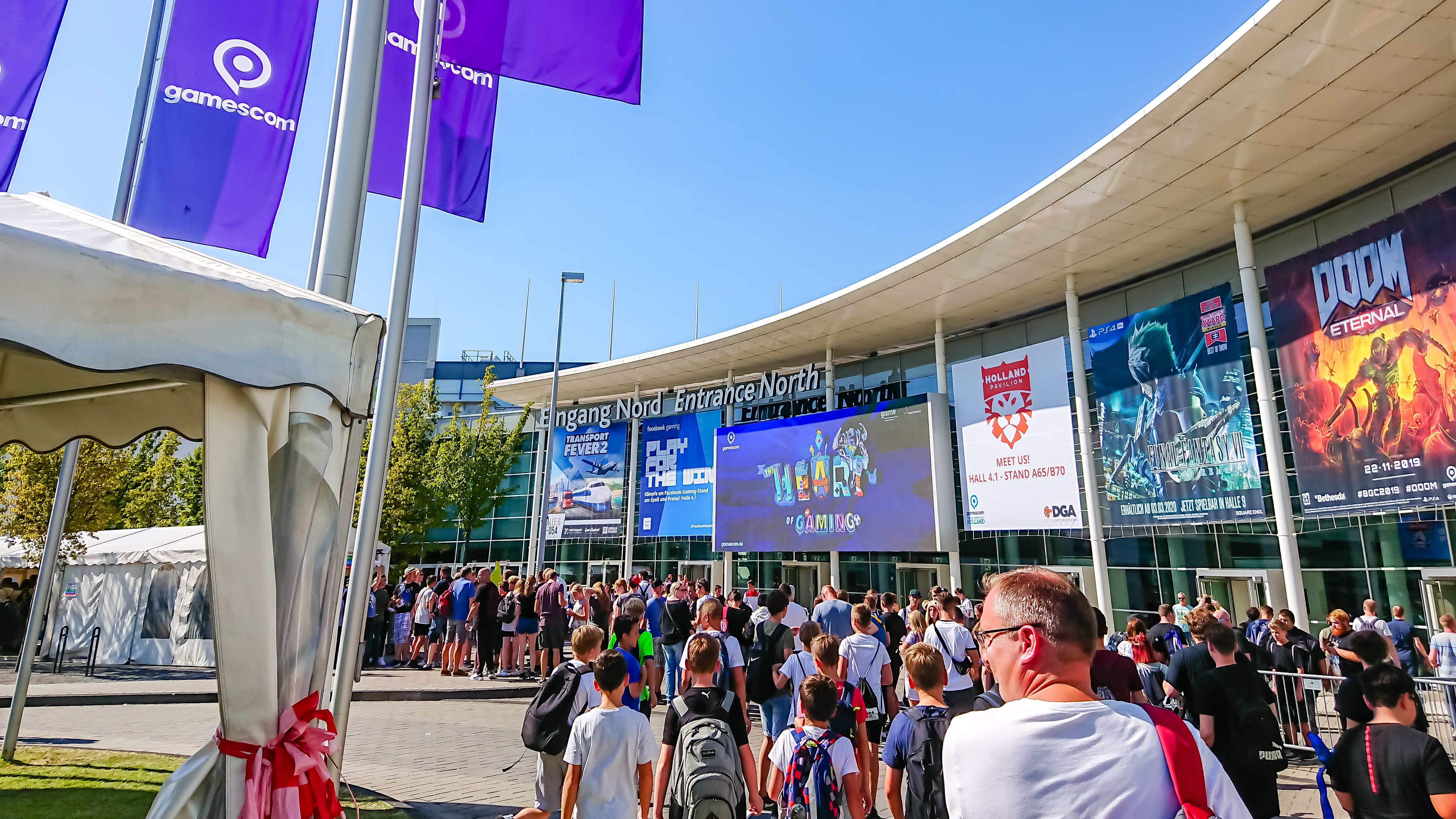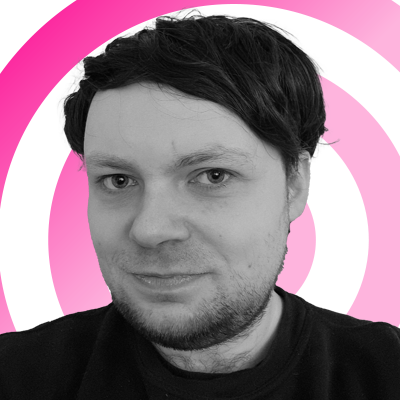
Gamescom, based in the Koelnmesse venue in Cologne, Germany, has been going strong for almost a decade and a half now, since it first opened its doors back in 2009. Aside from the 2020 Covid-19 pandemic, which forced the event to go online, it’s routinely taken place every August drawing in hundreds of thousands of gamers to watch announcements and play demos for upcoming games in person.
Gamescom also has a history of playing host to several notable announcements over the years. In recent years, Geoff Keighley’s Opening Night Live showcase has kicked the event off and been a popular event for major announcements and reveals including the likes of the DualSense Edge PS5 controller, Sonic Frontiers’ final update, and all-new character announcements for the upcoming Mortal Kombat 1. As such, it’s easy to see Gamescom as the European counterpart to shows like E3 and The Game Awards, but it differs from those by offering a hybrid mix of both press and public access, with halls dedicated for each.
At Gamescom 2023, TRG spoke to Felix Falk, managing director of Game (the German firm in charge of Gamescom) about what makes the event so unique, and where he sees it going both in the short and long term.
Going big

While it’s taken some time to grow and develop, Gamescom has been consistently effective in attracting thousands of press, consumers, and exhibitors to Cologne since it began 14 years ago.
“After the pandemic hit,” Falk begins, “and we had two digital Gamescom events, we already surpassed some all-time records. This year we have more than 1,200 exhibitors from 63 countries, which is more international than ever before.
“The digital events made sense at the time, but they are no comparison to a hybrid online and on-site event, which connects all the dots of gaming culture. It makes it visible and attendable to hundreds of thousands of people, which really is the unique selling point of Gamescom.”
Falk elaborates on what he calls the “360-degree approach” that his team takes when it comes to organizing Gamescom, championing the event’s “wonderful diversity” in relation to the cross-pollination of business, press, and consumer attendance.
Sign up for breaking news, reviews, opinion, top tech deals, and more.
“We see small games from indie studios, with our biggest indie area of all time this year,” he explains. “We see big blockbuster titles, especially with Microsoft who had their biggest booth of anywhere in the world here. So we see everything from big to small. We also see esports tournaments in our event arena, cosplay contests, as well as the biggest business area in Europe for gaming.”
Of course, Microsoft was far from the only publisher in town this year. While the Xbox Series X|S manufacturer brought big-name games like Starfield and Forza Motorsport, other major players like Bandai Namco were here to show off the likes of Tekken 8 and Armored Core 6: Fires of Rubicon.
Falk also expressed joy at what Gamescom achieves for the city of Cologne, beyond the walls of the Koelnmesse venue. “The whole of Cologne lives games this week,” he continues, “we also hold a festival in town with hundreds of thousands of people taking part. Hoyoverse [creators of Genshin Impact and Honkai Star Rail] held a concert with music from its games. We even have camp sites where people can host LAN parties! So it’s really all areas of gaming culture coming together here in Cologne, which makes it really unique.”
Room to grow

Falk was adamant that Gamescom takes a decidedly different approach to that of E3, stating “I don’t like to compare us to E3, because community comes first at Gamescom.”. And that’s a fair assessment; E3, the future of which remains up in the air at present, is a typically business-first event, and while consumers have been allowed to attend in recent years (prior to the pandemic), its focus was largely on developer and publisher conferences.
According to Falk, Gamescom is really only scratching the surface of how much it can grow over the foreseeable future. “There’s really two things which have made Gamescom successful,” he says. “We used the pandemic to grow our digital reach, with events like Opening Night Live and IGN’s Gamescom Studio. The numbers have increased so much in the past few years that it’s allowed our exhibitors to reach so many people worldwide.
“The second thing is that Gamescom is a real joint industry effort to have a truly international showcase. We have this stage where the industry is showing its potential, energy and strength, which leads to better results and a bigger turnout. That’s one of the big advantages of Gamescom, bringing together the industry and gaming community as a whole.”
Gamescom averages around 300,000 in-person visitors every year, with even more tuning in online for all-new announcements and to watch coverage. And while post-pandemic numbers have dipped from 2018’s all-time high of 370,000 attendees, numbers are on the uptick once again. Here’s hoping Gamescom can continue to expand as it’s already one of the year’s highlights when it comes to new game announcements and hands-on demos of the latest and greatest in games and hardware.
Interested in more Gamescom 2023 coverage? Read how a labour of love brought a 27-year old Sonic the Hedgehog statue to Gamescom 2023, as well as our Tekken 8 impressions from the show floor.

Rhys is TRG's Hardware Editor, and has been part of the TechRadar team for over four years. Particularly passionate about high-quality third-party controllers and headsets, Rhys strives to provide easy-to-read, informative coverage on gaming hardware of all kinds. As for the games themselves, Rhys is especially keen on fighting and racing games, as well as soulslikes and RPGs.